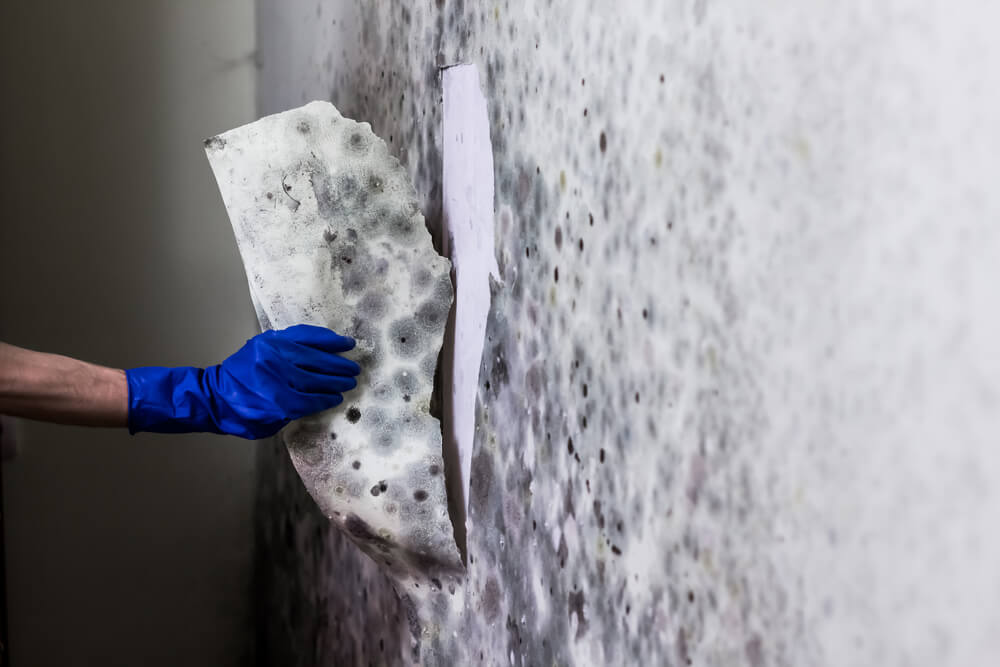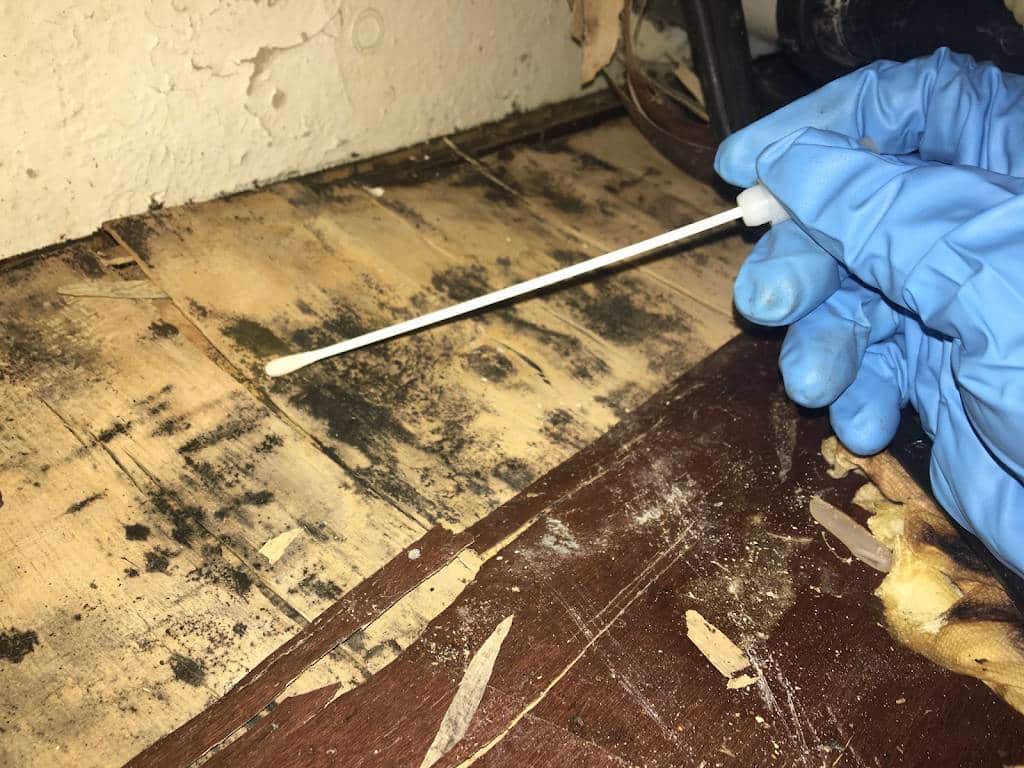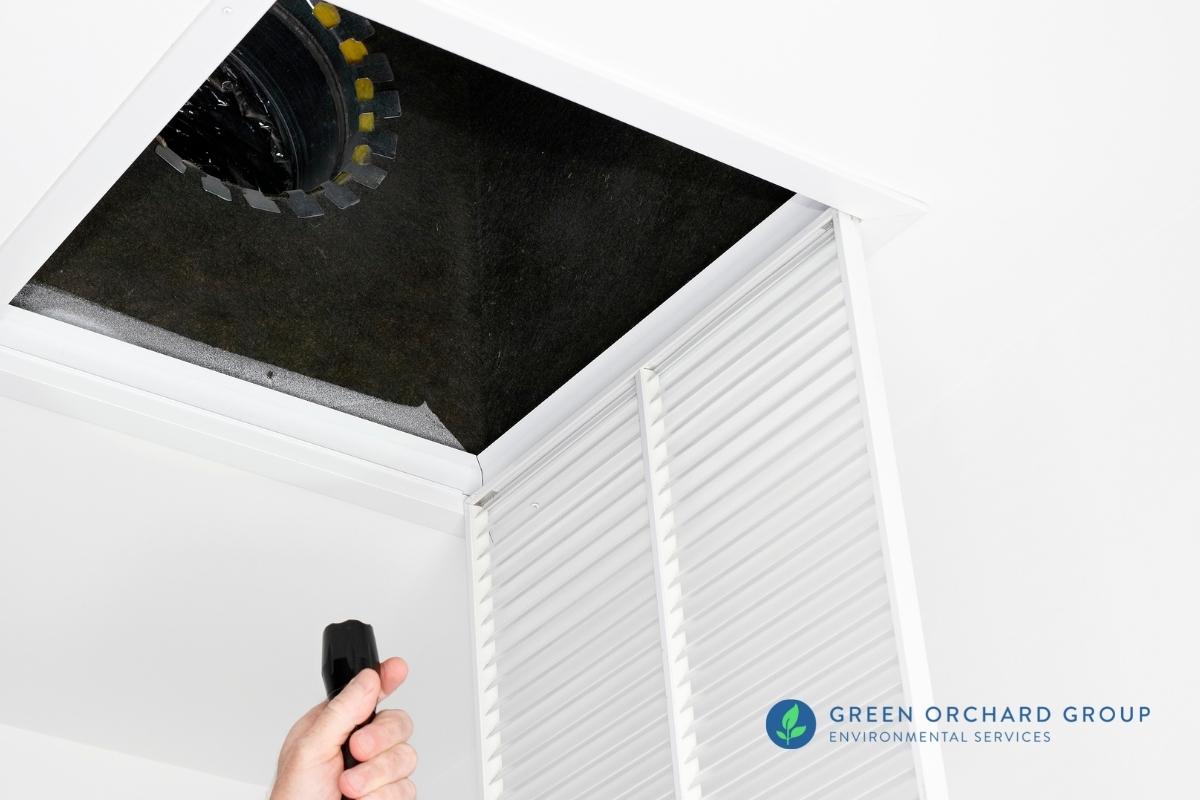Effective Post Mold And Mildew Remediation Solutions for Your Home
Mold growth in homes can be a consistent issue, often needing an organized approach for efficient post-remediation options. From understanding the variables that add to mold development to carrying out correct cleaning techniques and dampness control measures, the procedure can be complex yet important for preserving a healthy living environment. Additionally, checking out natural remediation solutions and establishing a regular for recurring upkeep are important elements of an extensive mold and mildew remediation approach. As property owners aim to address mold and mildew worries, finding the most reliable options ends up being extremely important for the well-being of their households.
Recognizing Mold Development Variables
Mold growth is influenced by a variety of aspects that are important to comprehend in order to effectively resolve and stop its expansion. Recognizing these elements is necessary in carrying out effective mold and mildew removal techniques. The primary element contributing to mold development is wetness. Mold and mildew spores call for dampness to thrive and sprout, making wet or damp settings very susceptible to mold and mildew invasions. Poor ventilation can also result in moisture buildup, producing an optimal breeding place for mold and mildew.

Moreover, air movement and light direct exposure can influence mold and mildew development. Areas that lack correct ventilation and natural light are much more susceptible to mold development. By resolving these factors thoroughly, people can properly alleviate mold and mildew growth and safeguard their living atmospheres.
Appropriate Mold And Mildew Cleansing Techniques
Making use of reliable cleaning approaches is vital in addressing and preventing the recurrence of mold contamination in indoor atmospheres. When dealing with mold and mildew, it is crucial to focus on security by putting on safety gear such as gloves, masks, and goggles. The initial step in appropriate mold cleansing is to include the damaged location to avoid the spread of spores to uncontaminated areas. This can be accomplished by sealing the room and using air scrubbers or unfavorable air equipments to keep air high quality.

Implementing Dampness Control Actions
To properly stop mold development and contamination in indoor settings, applying dampness control actions is critical. Moisture is the main element that fuels mold and mildew growth, making it important to take care of moisture degrees within the home. One reliable measure is to utilize dehumidifiers to keep interior humidity levels listed below 60%. Furthermore, guaranteeing proper ventilation in locations over at this website vulnerable to moisture buildup, such as washrooms and kitchens, can help in reducing the danger of mold development. Routinely evaluating and fixing any kind of leakages in plumbing, roof coverings, or home windows is likewise crucial in protecting against excess wetness accumulation. Using exhaust followers while food preparation or bathing, and enabling air flow by keeping furnishings a little far from walls can aid in dampness control. Furthermore, utilizing moisture-resistant materials in high-humidity locations, such as mold-resistant drywall and paints, can be helpful. By vigilantly implementing these wetness control steps, home owners can successfully decrease the possibility of mold recontamination and keep a healthy and balanced indoor setting.
Making Use Of All-natural Removal Solutions
After effectively applying moisture control actions to avoid mold and mildew development in interior environments, house owners can currently check out the effectiveness of all-natural remediation solutions in keeping a healthy and balanced living space. All-natural removal options use ecologically friendly approaches to deal with mold and mildew, making them a popular selection for those seeking non-toxic alternatives. By including these all-natural removal services into their cleaning regimens, home owners can properly combat mold and mildew development while promoting a much healthier indoor setting for themselves and their family members.

Preserving a Mold-Free Setting
Consistently checking areas prone to mold and mildew growth, such as washrooms, basements, cooking areas, and attic rooms, is critical. Proper air flow in locations with high humidity levels is additionally essential to avoiding mold and mildew development.
In addition, preserving sanitation in the home is essential for mold avoidance. Keeping indoor plants in check and guaranteeing proper water drainage in exterior landscaping can minimize dampness build-up, lowering the likelihood of mold and mildew invasions.
Final Thought
In verdict, it is necessary to address mold and mildew development factors, make use of correct cleansing methods, carry out moisture control steps, make use of all-natural removal solutions, and maintain a mold-free environment in order to effectively handle message mold removal in your house - After mold remediation. By following these strategies, you can protect against mold from recurring and guarantee a healthy living atmosphere for you and your family
The primary factor adding to mold and mildew growth is wetness. Mold and mildew spores require dampness to germinate and flourish, making moist or damp settings very at risk to mold infestations.To efficiently avoid mold growth and contamination in indoor environments, carrying out wetness control steps is vital. Furthermore, making certain correct ventilation in locations discover this susceptible to moisture build-up, such as shower rooms and kitchen areas, can help reduce the risk of mold and mildew development.After successfully carrying out moisture control steps to stop mold growth in interior settings, home owners can now check out the efficiency of natural remediation remedies in keeping a healthy and balanced living room.
Comments on “Finding Post Remediation Inspection Near Me Solutions”